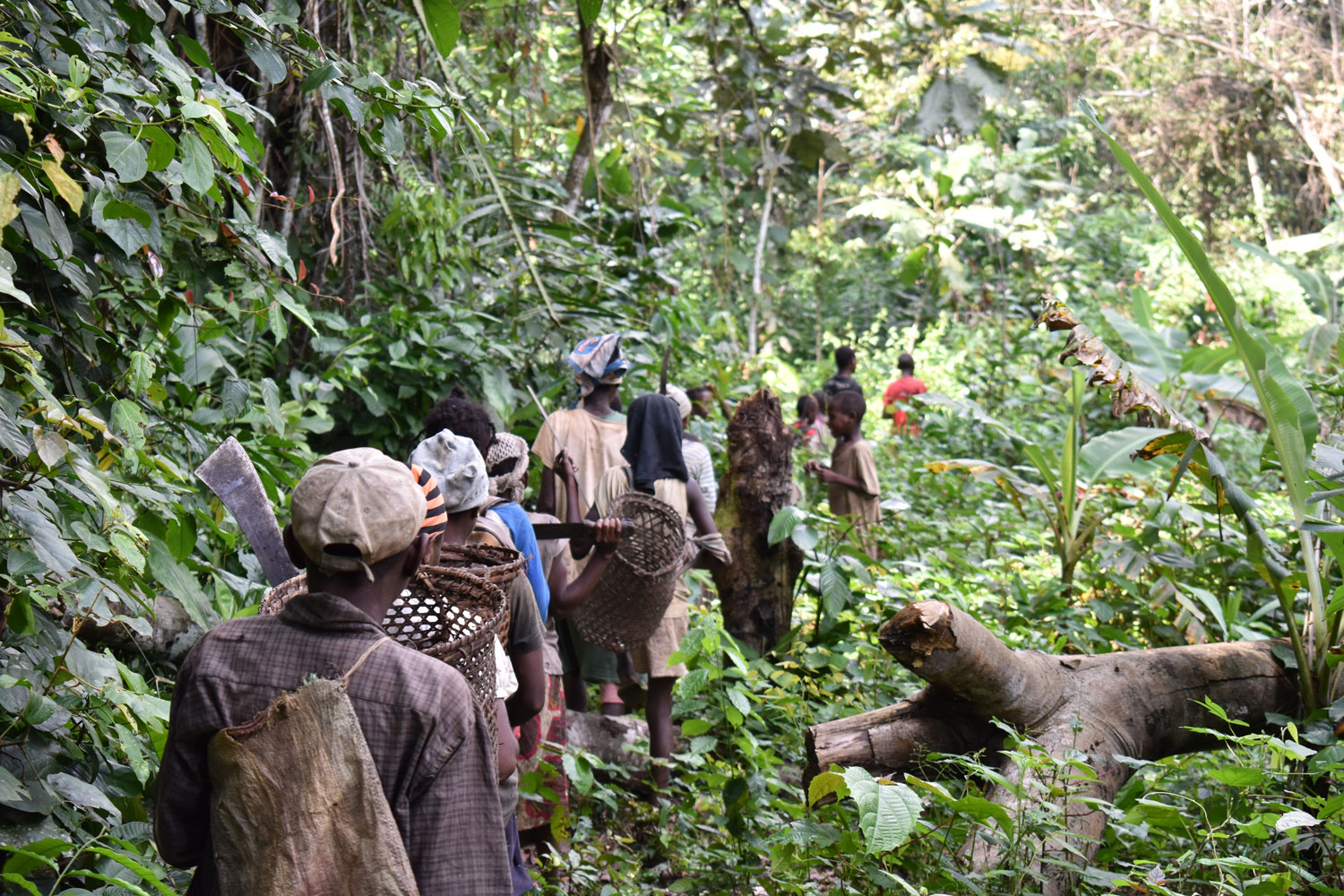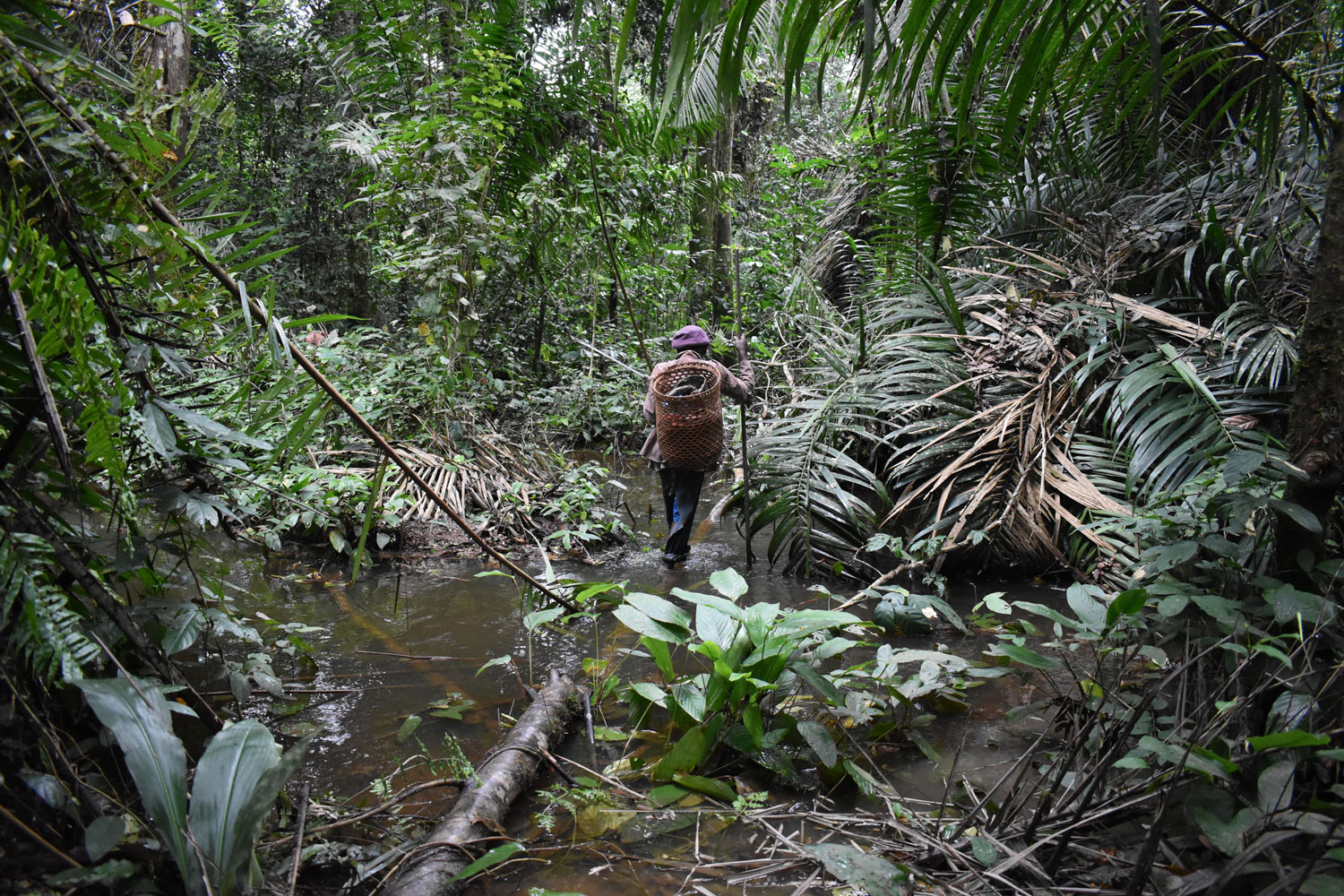REPALEAC - Network of Indigenous and Local Communities for theSustainable Management of Forest Ecosystems in Central Africa.
REPALEAC
REPALEAC is a sub-regional civil society organization, which works to increase the empowerment and participation of Indigenous People and local communities (IPLC) in the governance and sustainable management of forest ecosystems in Central Africa. REPALEAC is a member of IPACC and aims to increase and guarantee the empowerment and participation of indigenous populations and local people in the management of forest ecosystems in Central Africa. Its areas of focus are improving livelihoods, conflict management, raising awareness about indigenous peoples’ rights, organizational and institutional capacity building, knowledge sharing, gender equality and participation of youth.
Since its creation in 2003 in Kigali, Rwanda, REPALEAC and its national networks have been carrying out actions to defend the rights of Indigenous Peoples as well as the sustainability of the ecosystems to which they are intimately linked and on which their survival depends.


To do this, the network develops initiatives that aim to make indigenous leadership visible through:
- Participation and consideration of their opinions in the spheres of negotiations relating to issues regarding indigenous peoples and local communities and the development of ecosystems.
- Their thoughts on how to improve the living conditions of Indigenous peoples and local communities in line with their traditions and customs, while contributing to the sustainable management of natural resources.
REPALEAC’s vision is a Central Africa that values and conserves nature with the contribution of Indigenous Peoples and Local Communities. It represents over 230 organizations of Indigenous Peoples and local communities in 8 countries: Burundi, Central African Republic, Cameroon, Chad, Congo-Brazzaville, DRC, Gabon, and Rwanda, and is active at regional and national levels through sub-regional coordination and 8 national networks.
REPALEAC is the main network of indigenous peoples in the sub-region that works to promote the rights of indigenous peoples, their participation in the governance and management of forest ecosystems. Being a representative network of the national indigenous civil society organizations of its member countries, the organization can harness its members’ structures for outreach and advocacy activities. The member structures of the national networks of REPALEAC are operational in the three areas targeted by the global program.